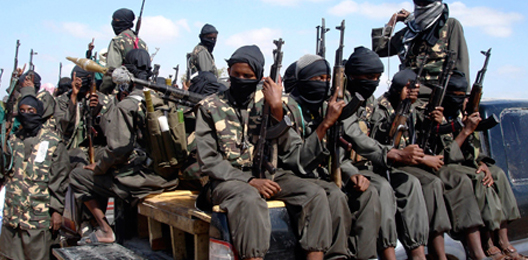 With Al Qaeda on the back foot in the Middle East, Africa is widely regarded as the next frontier in the war on terrorism and the next source of terrorism in the United States.
With Al Qaeda on the back foot in the Middle East, Africa is widely regarded as the next frontier in the war on terrorism and the next source of terrorism in the United States.
But across Africa — in Addis Ababa, Kampala, Lagos and Nairobi — Christians and Muslims cheerfully rub shoulders. And Islamist militant groups, whether in Mali or in Somalia, with Al Shabab, tend to be regarded by Africans as not only intolerably harsh, but also parasitic and foreign.
To find a foothold in Africa to cause mayhem elsewhere, Al Qaeda will have to persuade African rebel groups and disenfranchised sections of the African population that its jihadist objectives align with their domestic grievances, and that America should be the target of their violence.
But in Somalia, Al Qaeda has had the job done for it by Washington and its allies. Though the vast majority of Shabab followers are clan factions who want only to overthrow Somalia’s Western-backed government, US officials have always described Al Shabab as “dominated.” “linked” or “affiliated” with Al Qaeda.
Instead of condemning every member of Al Shabab, Washington needs to focus on its few truly dangerous radicals. The press can help by differentiating the clan-based factions of Al Shabab — who make up 90 percent or more of Shabab’s supporters — from the transnational terrorists who perpetrated the Nairobi attack. These terrorists were drawn from every corner of the globe and their objectives have little in common with Al Shabab’s war in Somalia.
The Somali clan factions in Al Shabab that are opposing the government in Mogadishu do not pose a threat to the US homeland or to US interests in East Africa. The threat was and is from Al Qaeda — some of whose operatives have for the past few years been participating in Somalia’s war, but will be focused now on finding a foothold in Nairobi and possibly other cities. Conflating these two groups serves Al Qaeda’s purposes, not ours, by handing it propaganda victories it hasn’t earned.
Bronwyn Bruton is the deputy director of the Africa Center at the Atlantic Council.
